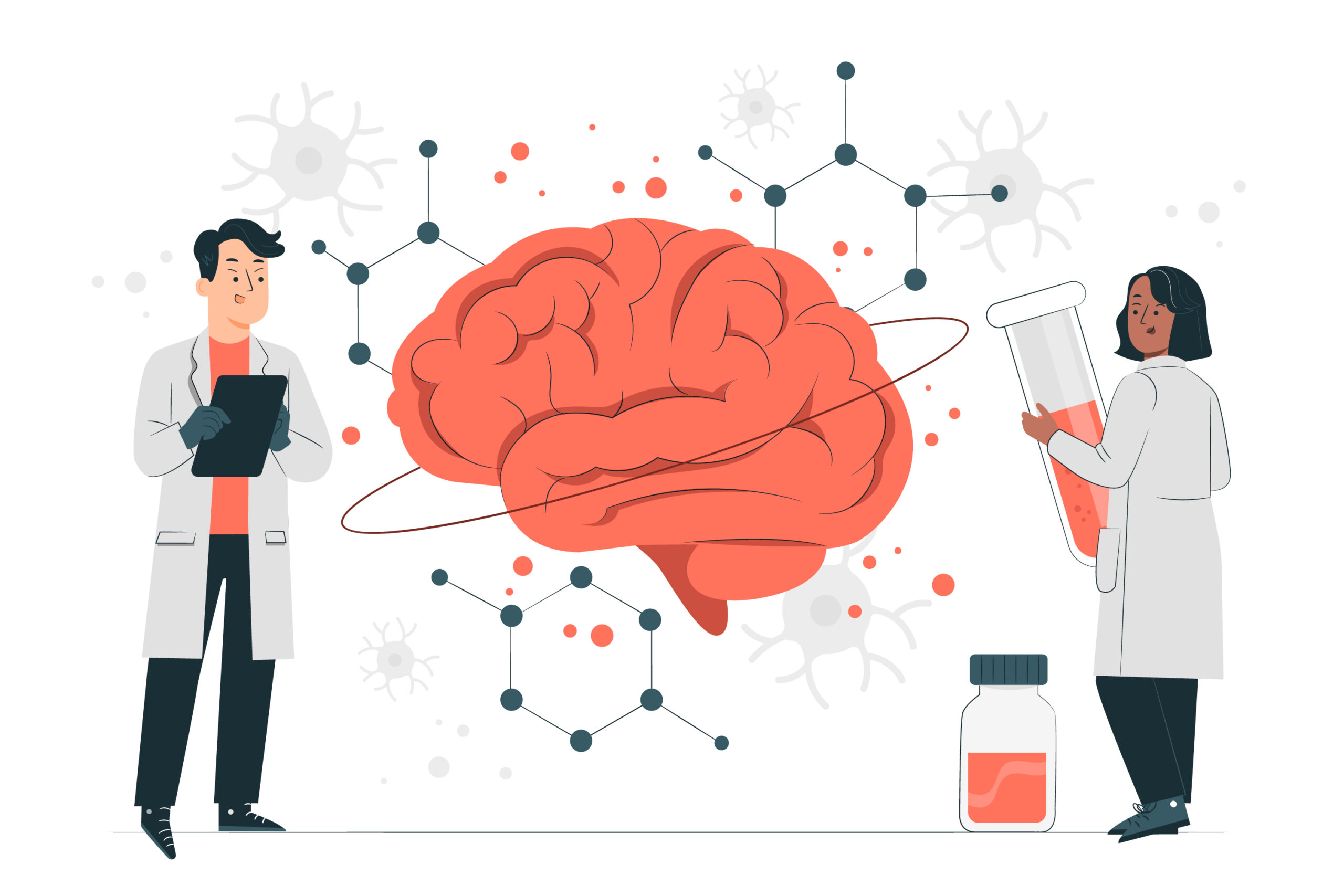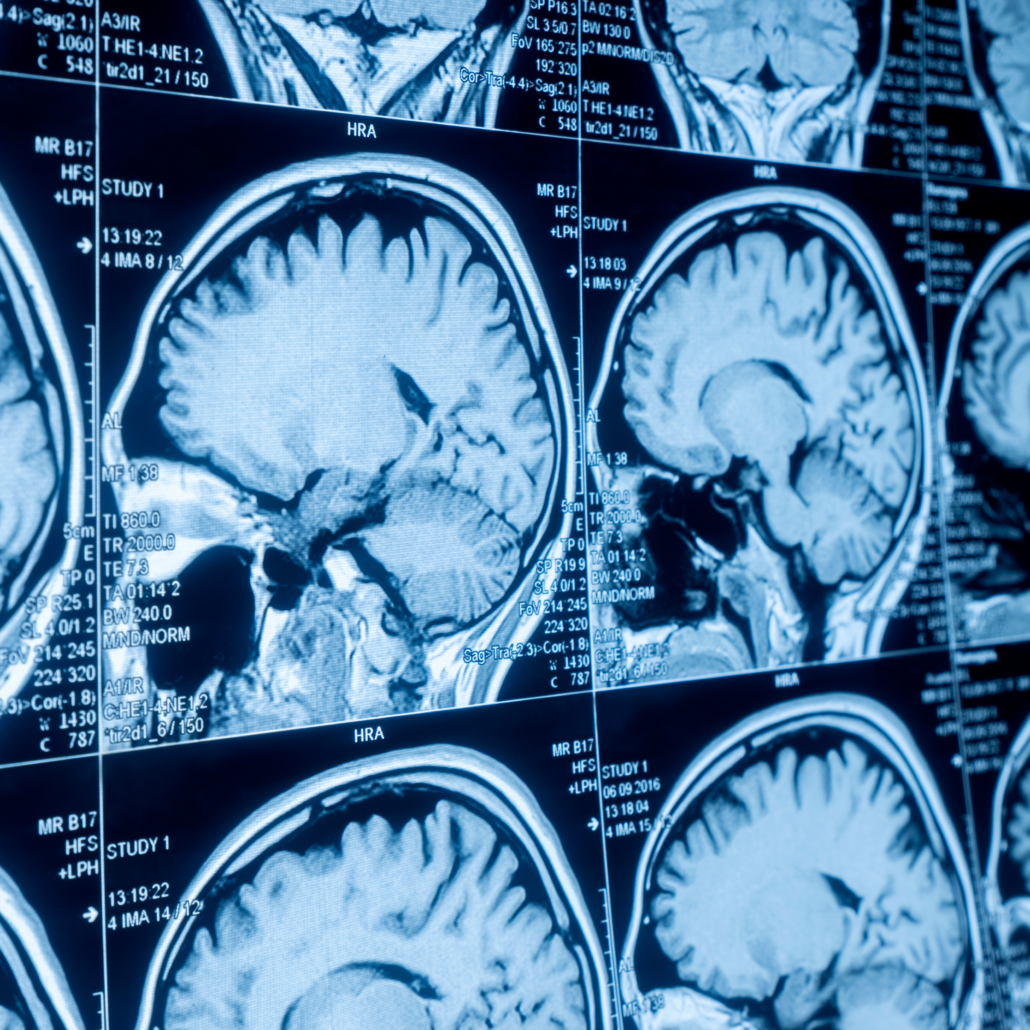Brain Imaging
Research Study
Researchers at Washington University in St. Louis are partnering with generally healthy adults to learn more about differences in the brain chemistry of people with and without schizophrenia. Join our compensated study today!

Fast Facts
Generally healthy
black/african american or white/caucasian
18-65 years old
Compensation Provided
Conducted in St. Louis, MO
Study Background
The purpose of this study is to learn more about the differences in brain chemistry (neurotransmitter receptor function) of people who have schizophrenia, schizophreniform disorder, or schizoaffective disorder and people who don’t have those conditions.
Differences in brain chemistry can cause the symptoms in schizophrenia, schizophreniform disorder, and schizoaffective disorder, and we can reduce these symptoms by treating these differences.
Your participation in this study may help researchers improve treatment approaches for schizophrenia and related disorders. Further research today and join our compensated study!

Study Background
The purpose of this study is to learn more about the differences in brain chemistry (neurotransmitter receptor function) of people who have schizophrenia, schizophreniform disorder, or schizoaffective disorder and people who don’t have those conditions.
Differences in brain chemistry can cause the symptoms in schizophrenia, schizophreniform disorder, and schizoaffective disorder, and we can reduce these symptoms by treating these differences.
Your participation in this study may help researchers improve treatment approaches for schizophrenia and related disorders. Further research today and join our compensated study!
Additional Information
You may be eligible for this study if you meet the following criteria.
Key Criteria:
- 18-65 years old
- Generally healthy
- Not currently on psychoactive medications
- Black/African American or White/Caucasian
- Non-Hispanic/Non-Latino
This study involves:
Visit 1:
- Consent
- Demographics (age, sex, race, etc.)
- Medication review
- MRI screening form
- A kind of interview where you’ll be asked about your mental health and experiences you may have had
Visit 1.5
- Questionnaires
- Height, weight, and vital signs
- Physical exam
- Medical history
- Medication review
- ECG
- MRI screening form review
- Breathalyzer tests to see if you’ve recently consumed alcohol or tobacco
- Sample collection (blood and urine)
- Urine drug test
- Urine pregnancy test (for participants who were assigned female at birth)
- Urine cotinine test (to see if you have a history of using tobacco)
- Ultrasound of the arteries in your wrists
- MRI scan (approximately 6 minutes)
Visit 2
- Breathalyzer tests to see if you’ve recently consumed alcohol or tobacco
- Neuropsych testing (short tests about memory, attention, and other things; some on paper and some on a computer)
Visit 3
- Breathalyzer tests to see if you’ve recently consumed alcohol or tobacco
- Sample collection (blood and urine)
- Urine drug test
- Urine pregnancy test (for participants who were assigned female at birth)
- Urine cotinine test (to see if you have a history of using tobacco)
- Catheter placement (IV and arterial catheter)
- PET scan (approximately 90 minutes)
Follow-up Phone Call
- Check-in to see how you’re doing
- Review any medication changes
- Review any changes to medical history
- Get your feedback about participating in the study




